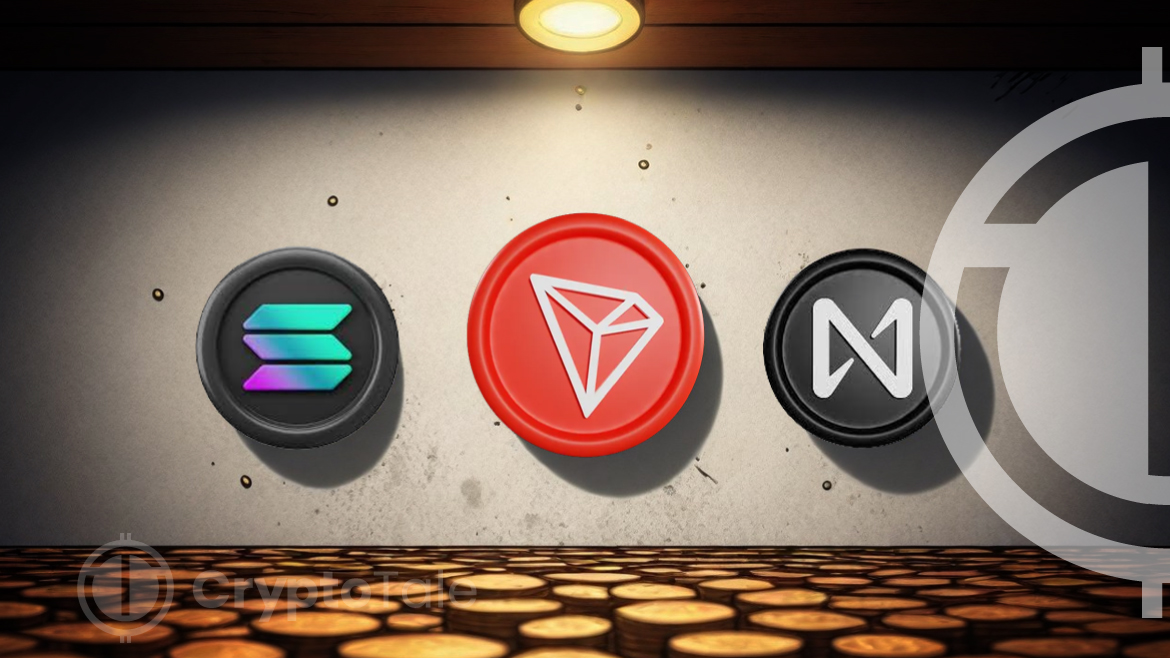- TRON’s network activity spikes, with active addresses hitting notable highs in early 2021 and mid-2023.
- Near’s blockchain shows consistent growth in active addresses over the past year, suggesting a rise in platform engagement and user base.
- Solana’s data reveals a significant presence of Wallet accounts among various active account types.
User engagement is a paramount indicator of a network’s vitality and growth. Recent analytics by Alex Svanevik highlighted a noteworthy uptick in daily active addresses across prominent platforms such as TRON, Near, and Solana. This surge marks a pivotal moment in what some call the “Chain Wars,” where the competition for user adoption intensifies.
Active addresses on a blockchain signify the number of unique “from” or “to” addresses used in transactions within a given timeframe. They are a key metric used to gauge network activity and health. A pronounced increase in these numbers often suggests higher adoption rates and a more robust network usage.
TRON, a decentralized network known for its scalable blockchain, showcases a robust growth trajectory in active addresses. From January 2019 to January 2024, data reveals not just a steady climb but also significant spikes in activity. These peaks, particularly noticeable in early 2021 and mid-2023, reflect times of heightened transactional activity which could be attributed to various factors including network upgrades or increased adoption.
Near, another blockchain network that prides itself on its developer-friendly environment and scalability, also demonstrates a vigorous growth pattern. Within the span of a year leading up to 2024, Near’s active addresses exhibit considerable volatility with a general upward trend. This illustrates a burgeoning interest and potentially expanding use cases for the platform.
Solana’s graph offers a granular look at daily active accounts by type, encompassing Vote Accounts, Program Accounts, Token Accounts, and Wallets. With a comprehensive range from mid-2020 to early 2024, Solana’s diverse account types point to a multifaceted ecosystem. Notably, on March 13, 2024, Wallets dominated the active accounts, perhaps indicating a surge in individual users or transactions.
The increasing number of daily active addresses across TRON, Near, and Solana signals a broader acceptance and utilization of these platforms. While these “Chain Wars” denote a competitive edge among networks, they also reflect a collective march towards a blockchain-centric future. Investors, developers, and users alike monitor these metrics keenly, understanding that active address counts are more than numbers—they are the pulse of blockchain’s growing influence in our digital lives.






